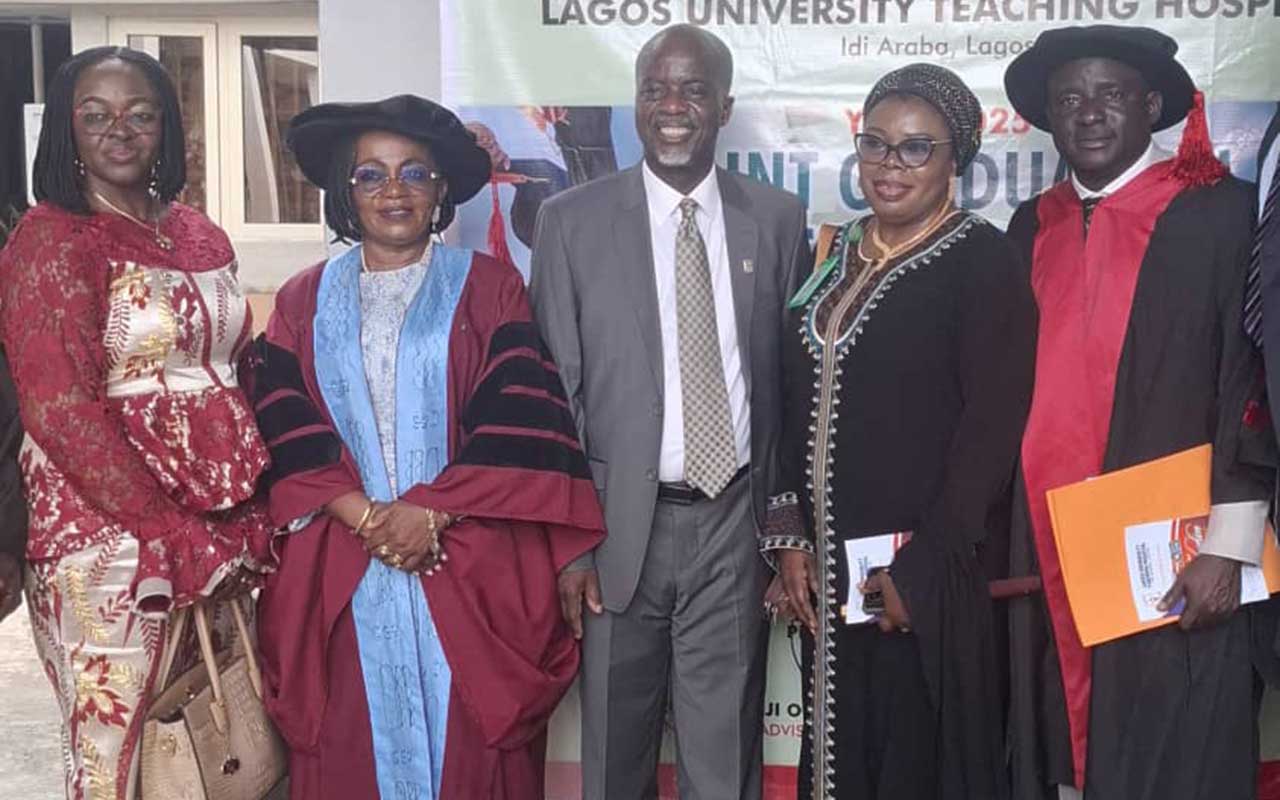An internationally recognised expert in governance and institutional reforms and former Director-General of the Bureau of Public Service Reforms, Joe Abah, has blamed the challenges besetting Nigeria on the country’s previous military regimes.
Nigeria was a military state for much of its early post-independence history and was under a military regime for about 29 years.
While speaking at The Platform Nigeria’s programme themed “Rebuilding Our Nation, Abah expressed dismay at African democracy, stating that African democracy has failed to provide the basic services needed for its people to thrive.
“What happens when you over-centralise is you have a youth population that has never seen a Nigeria that works, and they see coups across West Africa and are seduced by it. You can’t blame them because democracy has hardly delivered the basics.
“And by the basics, we mean rule of law, food, security, decent education, decent healthcare, opportunities for all, a level playing field where women can compete, the young people and elderly are not discriminated against,” said Abah.
Following the military incursion in the Republic of Niger, Mali and Burkina Faso, particularly Burkinabe junta leader Ibrahim Traore’s appraisals, there have been calls from some for Nigeria to return to military rule.
The Burkinabe junta leader moved to nationalise some gold mines, pushed to reduce the export of unrefined gold, and took steps to reduce colonial/provincial influences by reducing reliance on French troops.
According to Abah, the prevalence of democracy in African countries makes military regimes seem more appealing to Africans.
“Democracy in Africa has simply not delivered these public goods. And if you are born into an era where you have never seen a functioning system, it is very easy to be seduced by the concept of military rule.
“Nothing damaged our progress as much as military rule. Some young people will tell you that what we really need is a benevolent dictator. Africa does not produce them except for a very few,” he added.






